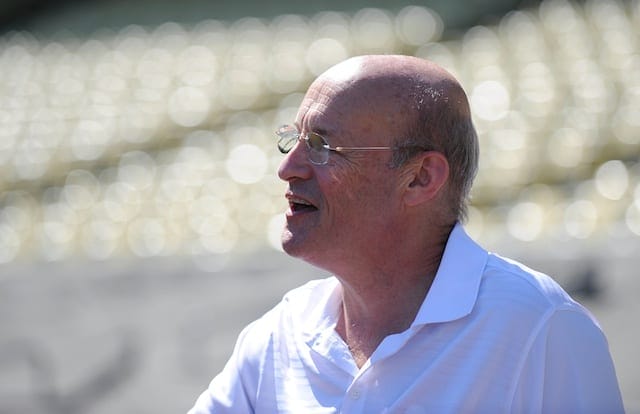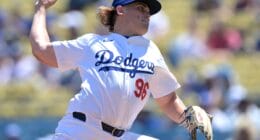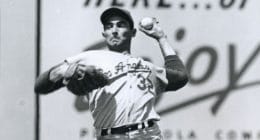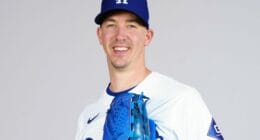One theme or philosophy that occasionally tends to crop up across professional sports is mortgaging the future for the opportunity to win over a one- or two-year window. Simply put, going “all in.”
It’s what the Arizona Diamondbacks essentially did during the offseason by signing Zack Greinke to a six-year, $206.5 million contract, and trading last year’s No. 1 overall pick Dansby Swanson, among others, for right-hander Shelby Miller.
The San Francisco Giants, who also were in pursuit of Greinke, signed Johnny Cueto and Jeff Samardzija to fill out their rotation. However, other organizations such as the Chicago Cubs and Kansas City Royals have built from within.
The blueprint is one the Los Angeles Dodgers are essentially following under the Guggenheim ownership group and president of baseball operations Andrew Friedman. While the Dodgers were open to re-signing Greinke, they ultimately had a threshold they simply did not feel comfortable passing.
Friedman has spearheaded efforts to restock a Dodgers farm system that was depleted under former owner Frank McCourt and previous general manager Ned Colletti, all the while adding to the team’s Major League depth.
Potentially putting off a World Series title in 2016 for an opportunity to win in the years ahead has irked some in the fan base and earned Friedman plenty of criticism. Dodgers president and CEO Stan Kasten recently explained the decision-making as more favorable due to increased odds, via Joel Sherman of the New York Post:
“It is generally a matter of arithmetic,” Kasten said. “We feel we have a much better chance to win a World Series if we make the postseason seven out of 10 years rather than put all of our chips in to go for it once.”
Friedman previously remarked he’s understanding of the frustration that’s come with the perception the Dodgers aren’t committed to winning in the near-term.
Fact of the matter is, the Dodgers have put a competitive team together that’s improved — at least on paper — over the last two seasons. And now, they have a farm system ranked No. 1 Baseball America able to supply talent for years to come.





